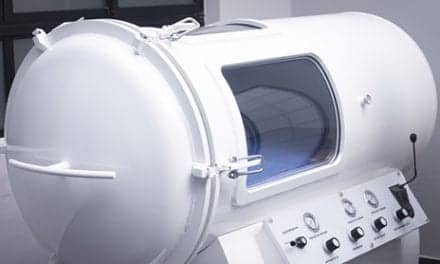Researchers examined the data from the World Health Survey to see if complying with the World Health Organization’s exercise recommendations has any link with psychotic symptoms or the diagnosis of a psychosis.
The World Health Organization recommends 150 minutes of moderate-vigorous exercise per week for optimum health benefits.
The World Health Survey was carried out in 70 countries between 2002 and 2004 via a mailed survey and interviews asking people about the amount of physical activity, moderate and vigorous, they engaged in per week, on average.
Per their examination of the data, the researchers note that, on a multinational level across low-and middle-income countries, a diagnosis of psychosis is associated with physical inactivity, especially among males. However, they note also that psychotic-like symptoms without a diagnosis of serious mental disorders do not appear to be associated with physical inactivity, according to a media release from Oxford University Press USA.
Across the entire population, 26.9% of the respondents received less than 150 minutes per week of moderate-vigorous activity. Overall, the prevalence of low physical activity was 24.3% in people with psychotic-like symptoms and no diagnosis and 33.0% in people with a diagnosis of a serious mental disorder, the release continues.
Among the respondents, 27% of those who engaged in low physical activity had no psychological problems. Compared to those without a diagnosis of a psychological condition, patients with a diagnosis of psychosis were more likely to be physically inactive in the overall sample and male. The scientists did not observe this suggestion among females.
The researchers suggest that this relationship may reflect aspects of psychotic illness such as low motivation, but it may also reflect sedative or other side effects of therapeutic drugs. Those with psychotic-like experiences but no diagnosis are unlikely to be taking antipsychotic medication, the release continues.
“We found that mobility limitations, pain, cognitive impairment and depression are potentially key barriers to physical activity. Understanding and overcoming these barriers could be an important strategy to help people with psychosis be more active, and potentially to reduce their risk of cardiovascular disease,” says lead author Dr Brendon Stubbs from King’s College London and the South London and Maudsley NHS Foundation Trust, in the release.
The study was published recently in Schizophrenia Bulletin.
[Source(s): Oxford University Press USA, Science Daily]





